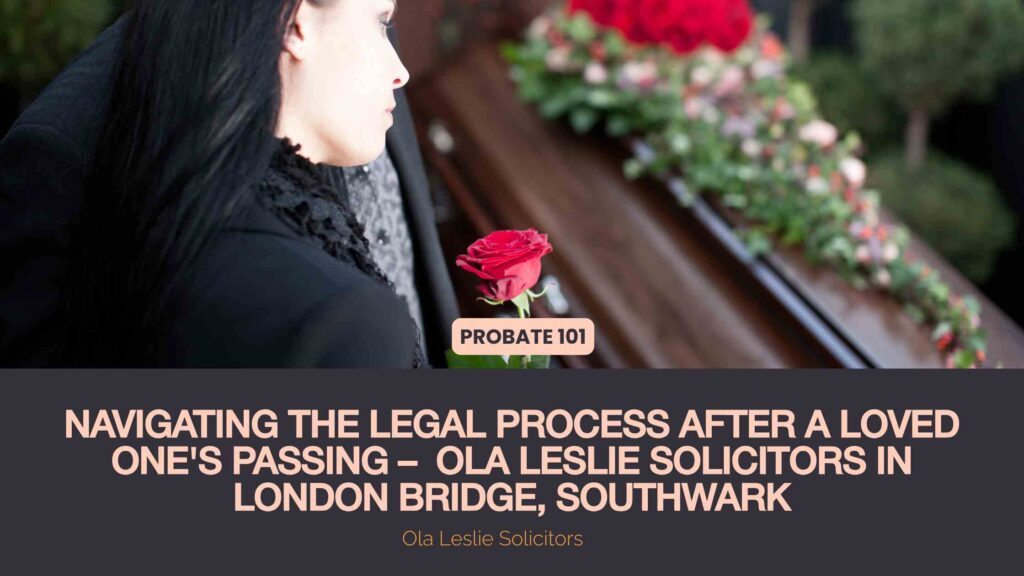
Losing a loved one is a painful experience. However, dealing with their estate and inheritance can be very challenging. If the deceased left a will, the probate court will ensure their wishes are carried out. Conversely, if there is no will, the court will oversee the entire process of asset distribution.
According to the Oxford dictionary, probate is the legal process of proving a document is a person’s last will. Essentially, it is a legal process where the court oversees the distribution of assets. It also involves settling outstanding debts or taxes. In addition, the court appoints someone to manage the estate, known as the executor or personal representative.
Probate procedures vary by location, but they typically follow these steps:
Overall, dealing with the probate process can be difficult and time-consuming. This is especially true for people unfamiliar with legal procedures. Common obstacles include heir conflict, disputed wills, and estate tax concerns. To ensure conformity and address potential obstacles, it is advisable to consult an attorney experienced in probate. Proactive action and legal support can ultimately help individuals navigate the process more easily and peacefully.
141-142 Lower Marsh,
London SE1 7AE
Recent Posts



“Ola Leslie Solicitors LLP is a limited liability partnership. Registered in England and Wales. Registered no: OC374424.
Regulated by the SRA and registered under SRA ID: 612672”
Copyright 2024 Olaleslie | All Rights Reserved